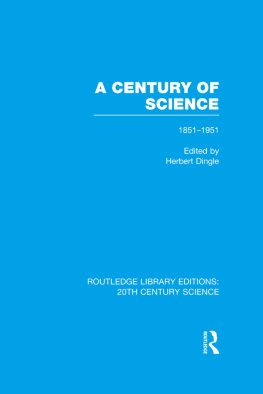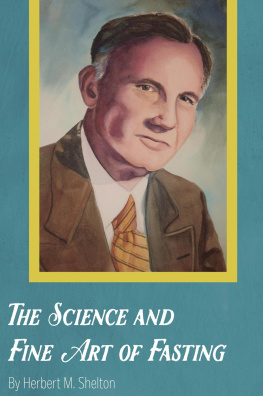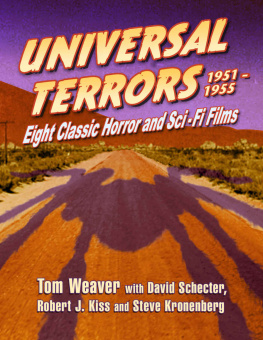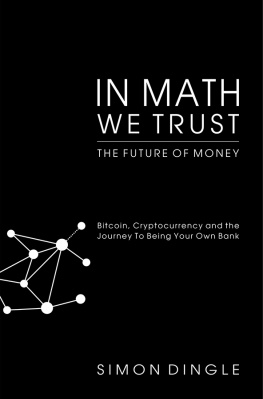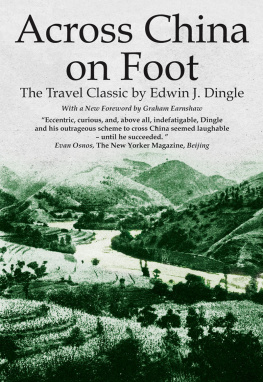First published 1951
This edition first published in 2014
by Routledge
2 Park Square, Milton Park, Abingdon, Oxon OX14 4RN
and by Routledge
711 Third Avenue, New York, NY 10017
Routledge is an imprint of the Taylor & Francis Group, an informa business
1951 Herbert Dingle
All rights reserved. No part of this book may be reprinted or reproduced or utilised in any form or by any electronic, mechanical, or other means, now known or hereafter invented, including photocopying and recording, or in any information storage or retrieval system, without permission in writing from the publishers.
Trademark notice: Product or corporate names may be trademarks or registered trademarks, and are used only for identification and explanation without intent to infringe.
British Library Cataloguing in Publication Data
A catalogue record for this book is available from the British Library
ISBN: 978-0-415-73519-3 (Set)
eISBN: 978-1-315-77941-6 (Set)
ISBN: 978-1-138-01353-7 (Volume 6)
eISBN: 978-1-315-77934-8 (Volume 6)
Publishers Note
The publisher has gone to great lengths to ensure the quality of this book but points out that some imperfections from the original may be apparent.
Disclaimer
The publisher has made every effort to trace copyright holders and would welcome correspondence from those they have been unable to trace.
THE Great Exhibition of 1851 was largely a celebration of the achievements of science and its applications. The Festival of Britain of 1951 is not so manifestly a scientific occasion, yet in even greater degree it is permeated by the spirit of science, for this is pre-eminently a scientific age. On the surface, the change that a hundred years have brought about appears anything but pleasant. The attitude of expectation and hope that marked the mid-nineteenth century reaction to the progress of science has given place to one of apprehension, if not of despair. The forces that man seemed more and more to be bringing under his control and ordering to his own desires now turn round and threaten him with the weapons with which he has armed them; the slave has suddenly shown himself as a potential master. We no longer see an endless vista of inevitable advancement stretching out before us; instead we dimly guess what time in mists confounds.
If this situation is to be relieved, one thing at least that must be done is to survey the change that has come about and see what it is. Then and then only can we hope to understand it, and when and only when we have understood it can we hope in reality to achieve the mastery of our own accomplishments that we once thought we had. It is the purpose of this book to assist the first step in this threefold programme. An attempt has been made to recapture the] outlook (i.e. the purely scientific outlook, not the wider generalizations that often resulted from it) of the men of science of 1851, to compare it with that of the present day and to follow the path by which the first has been transformed into the second. The interpretation of the change in terms of ultimate values is left to the reader, but one thing may be noted. In science itselfi.e. our knowledge of the content and interconnectedness of the world of experiencethe expectations of 1851 have not been falsified, they have been realized beyond all possibility of conjecture. It is therefore to influences from outside science that we must look for the origin of our fears and misgivings.
The extent, and to some degree the character, of the change in science reveals itself at the very beginning of the task of making the comparison. How shall we subdivide the field to be covered? The classification most suitable for 1851 becomes absurd for 1951; that for 1951 is impossible for 1851. In the earlier years physics fell naturally into the conventional groupsmechanics, heat, light, magnetism and electricity, and so on; these were separate sciences, in very different stages of development, each following its own line of growth independently of the others. Today the boundaries between them have almost completely gone. New unities have arisenenergy, field physics, and the likealmost unheard of before, which spread themselves indiscriminately over the whole array of once separate subjects. Biology tells the same tale. Botany, zoology, entomology can no longer be kept apart; their differences disappear in the vastly greater scope of the conceptions of evolution and heredity. Psychology in 1851 was scarcely a science at all; today it has perhaps the most momentous prospects of all. The general picture is one of extension, unification and generalization. Today there are only three sciencesphysical, biological and psychologicalthat can show dividing lines as sharp as that which in 1851 separated, say, optics and electricity and many other now completely amalgamated departments of research.
In these circumstances it is clear that a detailed comparison is out of the question, and this is further emphasized by the consideration that the mere amount of knowledge now in our possession, apart altogether from its correlation, has, at a modest estimate, far more than doubled itself in the last hundred years. It would therefore have been hopeless to attempt in this book either to produce a complete conspectus of science or, on the other hand, to avoid in many instances presenting the same facts from different points of view. Accordingly no space has been wasted in striving after these impossibilities. The informed reader will have no difficulty in thinking of advances, which he rightly considers important, that are not recorded here, and he will also notice that sometimes the same developments are shown as contributing to two or three different sections of the whole field. Such anomalies arc inevitable when one has to compare a little knowledge, divided naturally into many parts, with much knowledge divided only artificially, for purposes of convenience, into a comparable number. The book is to be judged by its success in portraying the broad outlines of a centurys progress in science, and not by a conventional and preconceived notion of the way in which it should do so.
In pursuance of the same general aim, the contributors have been given perfect freedom, within the space available, to develop their subjects in their own way. No uniformity has been sought beyond that necessarily imposed by the common objective. To have arranged otherwise would have been to miss an opportunity. The authors are all men eminently qualified to write on their respective fields and most of them have themselves made distinguished contributions to the advances which they have described. They are not men who, however willing they might have been to do so, could conform to a standard pattern of presentation without loss to the reader. The reader, for his part, is thereby sometimes called upon to readjust his attitude as he passes from one chapter to another. It is believed that the effort will be to his advantage.


